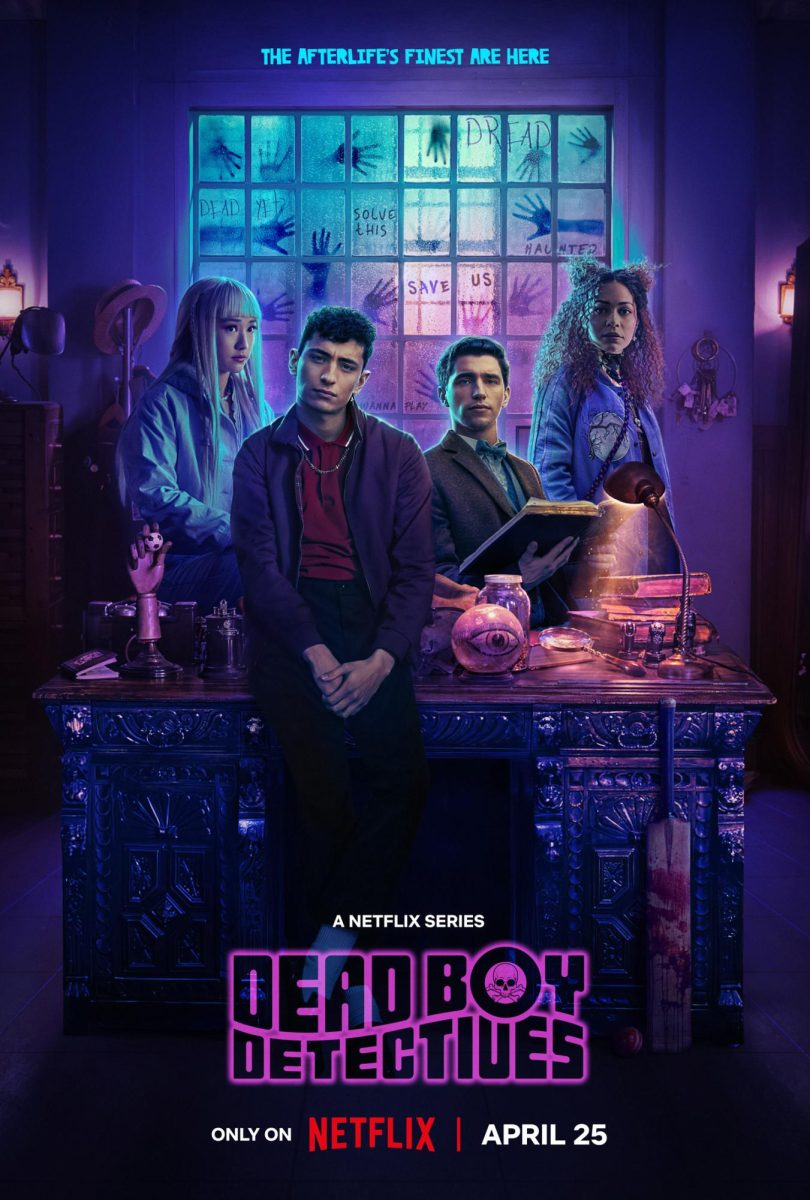By Justin Howard

Ten people huddle around a small table in Fitchburg State University’s commuter lounge. Pushing your way through the crowd reveals the table to be covered in a seemingly random assortment of playing cards, all of which feature pretty pictures above walls of text. Two contestants sit on either side of the table, surveying the board as onlookers do the same. “Tap out for a baneslayer angel and pass my turn,” says Jon Silvestri- a sophomore at FSU– as he deftly rearranges the cards on his side of the table and drops a card from his hand onto the field. This seemingly nonsensical statement manages to emit a grimace from his opponent, as well as some laughs and a few winces from the crowd of onlookers. I think I may have seen a swoon in there, too. I can’t be sure.
This game is called Magic: The Gathering, or simply “Magic”. The rules of this game are numerous and complex. Created by mathematics professor Richard Garfield in 1993, Magic is the first example of the modern collectible card game genre. Today, the game boasts an estimated six million players in over 70 countries, according to fantasy gaming site Forbidden Power. With millions of players ranging from collectors to hard-core professionals, Magic is arguably one of the most popular card games in the world.
After all was said and done, and after several more minutes of similar back-and-forth play from the two opponents, Silvestri stood victorious. The contestants shook hands and proceeded with a friendly exchange of compliments on a game well-played. The judge, Russell Tower’s RA Socrates Gavriel, recorded the results and proceeded to hand out prizes according to standings.
“We’ve only really been playing here in an officially ranked capacity since around the end of last year,” says Silvestri. “It started as just a group of strangers with a similar interest at the beginning of last year. We quickly became friends, and after Socrates got registered as a judge, we started holding these tournaments once every week or so.”
Although fun, these tournaments are minuscule compared to most sanctioned tournaments, such as the Pro Tour, held annually in countries around the world. The archives of these tournaments have been tracked since 1994 on the site Wizards of the Coast, and winners can hope to be inducted into the Magic Pro Tour Hall of Fame.
Compared to these, the gatherings in the FSU commuter lounge on Thursday afternoons may seem insignificant, but the joy derived from them by the dozens of competing players is evident.
“Eventually, we’ll start collecting small amounts of cash from all the players,” says Socrates, the official judge for all of the Fitchburg competitions. “That way the players are actually competing for some interesting prizes. It makes the games more exciting, both to watch and to play.”
Indeed, Magic is the kind of game where $4 dropped on a single pack of cards can merit up to a $100 return. The more rare and sought-after the card, the more valuable it becomes. Tournaments with entry fees usually earn the winners either several packs of cards or just a few of these coveted rare cards.
“People walking past stop and ask us what we’re playing a lot,” says Silvestri, “We’re always more than happy to help a new player get started or even just to explain how the game is played to those who show some interest. It’s always more fun to watch a game when you know what’s going on. Most people who are even the slightest bit interested end up as hardcore players at some point. It’s really addicting.”
Categories:
Magic tournaments held in Commuter Lounge
February 15, 2011
0





